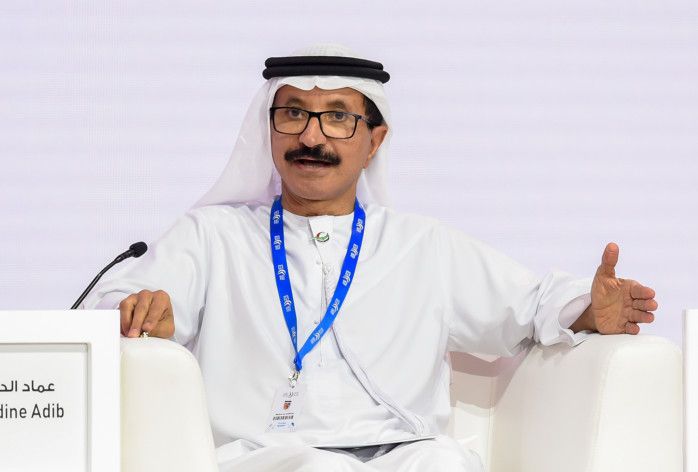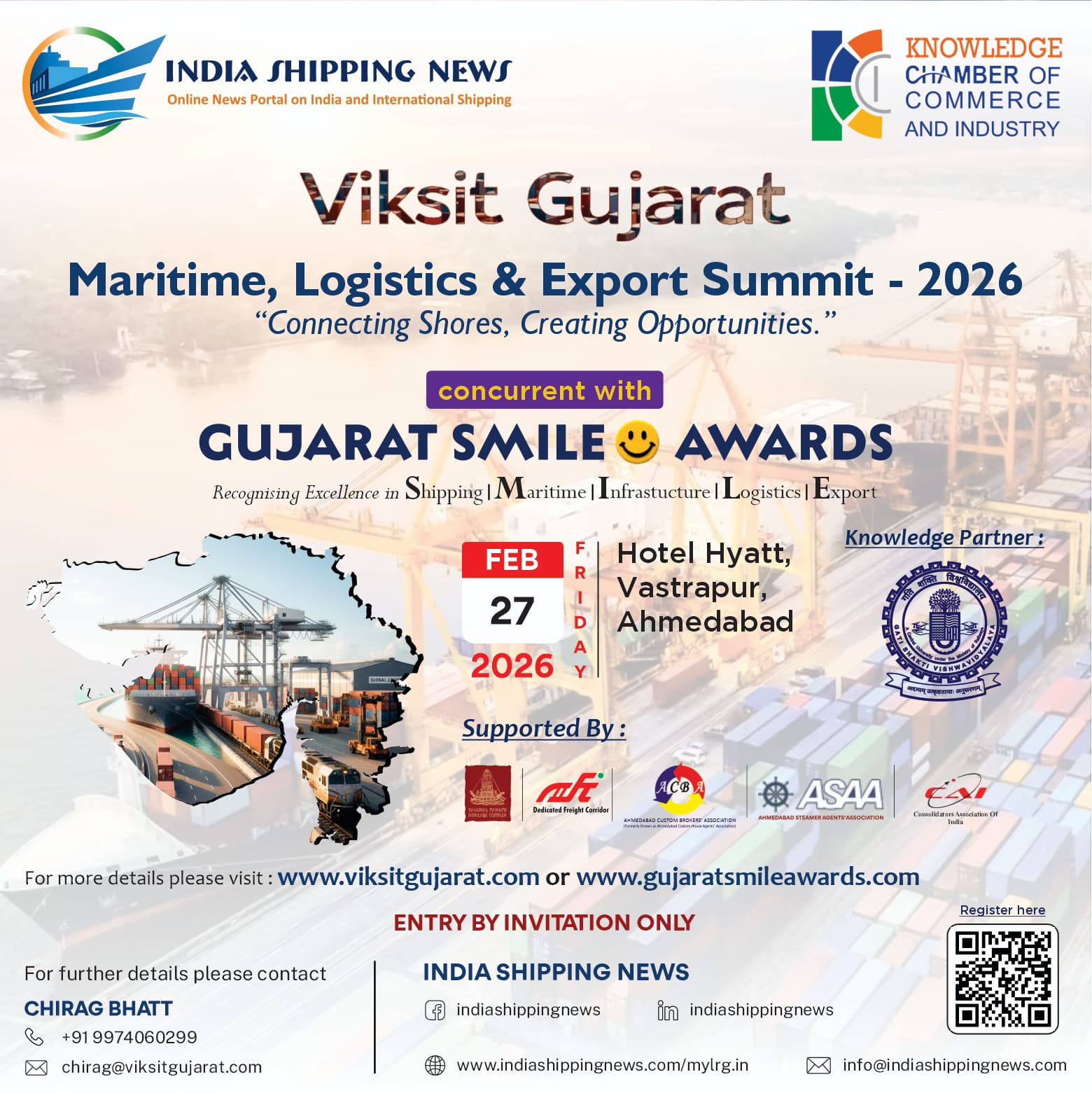
India-Middle East-Europe Economic Corridor not a threat to Suez Canal : DP World CEO
DUBAI : The development of the India-Middle East-Europe Economic Corridor (IMEC), unveiled at the G20 Summit two weeks ago, will not threaten established maritime routes like the Suez Canal, Sultan Ahmed Bin Sulayem, Group Chairman and CEO of DP World told gathering at the Arab Media Forum in Dubai on Tuesday.
Such corridors, he added, would enhance supply chain resilience. “For example, in 2021, the Suez Canal was blocked for six days by Ever Given [a container ship that had run aground in the canal]. The blockage had a cascading effect and ended up paralysing trade for three months,” said Al Sulayem.
“Economic corridors [such as the IMEC] offer an alternative land-based route, reducing the risk associated with maritime transport,” add the DP World Chief.
Arab Media Forum being held in Dubai from September 26 and 27 is the region’s largest gathering for media professionals being organised by the Dubai Press Club under the theme ‘The Future of Arab Media,’. More than 3,000 delegates from around the world are participating in the AMF.
The shipping and logistics giant is also actively exploring options to optimise the maritime line between Eastern Asia and Europe. “Our focus is on maintaining speed and reliability in supply chains,” he said.
Following the G20 Summit, the UAE announced it would work alongside the governments of Saudi Arabia, Member States of the European Union, India, and the United States on the IMEC.
Diversifying transport options
“Economic corridors, although not a new concept, play a crucial role in facilitating the movement of commodities from India to the Gulf region and beyond,” said Al Sulayem. More than 80 per cent of global commodities are shipped by sea.
“The goal is to diversify our transportation methods, offering better and faster options for delivery to Europe. While maritime shipping remains the dominant mode, trains offer cost-effective alternatives for certain routes.,” he added.
He said the company is currently exploring ways to harness the potential of trains and railways in the UAE and KSA to expand DP World’s shipping operations.
Cost reduction
Bolstering supply chains is the need of the hour, especially after the pandemic exposed vulnerabilities in the global supply chain. The issues were heightened after the Russia- Ukraine war. “Shipping costs skyrocketed during this period. For example, the costs to ship a container from China to the UAE during the crisis skyrocketed from $2,500 to $3,000, up to $15,000. That’s why diversifying the means of transportation is important during times of crises,” he said.
Ports were often closed, and the scarcity of empty containers was also a significant challenge. “To address this, we’ve invested in storage facilities and digital distribution systems to enhance supply chain resilience,” he added.
Securing supply chains
Recognizing the impact of external factors on the company’s operations, Al Sulayem said DP World made strategic decisions to secure their supply chain. “Between 2016 and 2021, we invested a significant sum, approximately $6 billion, to acquire companies that could enhance our supply chain capabilities,” he said.
The company’s investments ranged from Indian railways and logistics companies to improving railway infrastructure in India. Al Sulayem said this was particularly important given the complexities of truck-based shipping in India.
Last month, DP World signed a concession agreement with the Deendayal Port Authority to develop, operate and maintain a new 2.19 million TEU per annum mega-container terminal at Kandla in Gujarat on India’s western coast.

